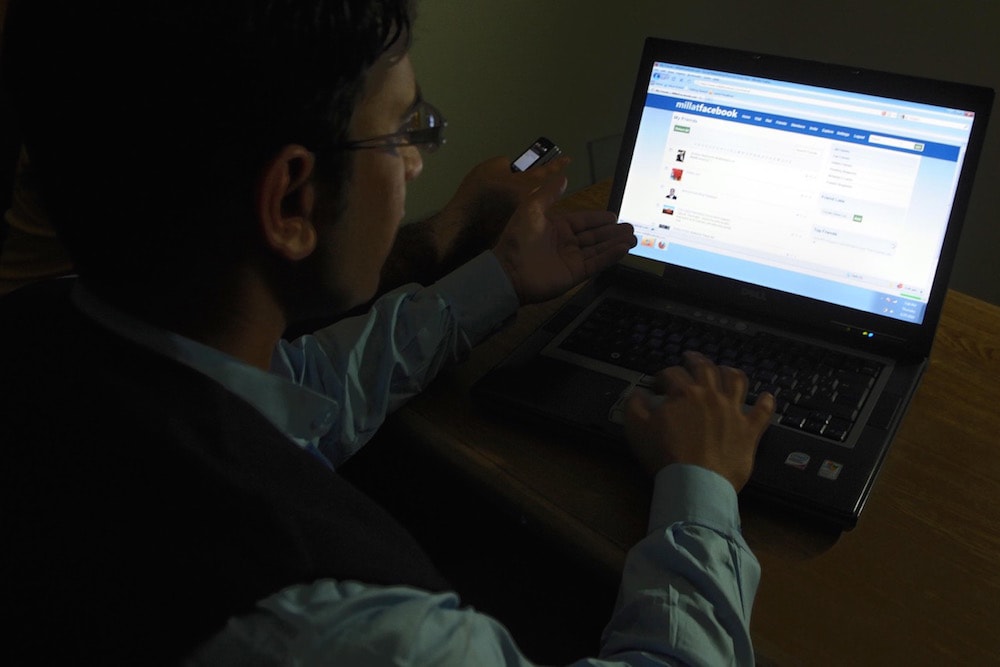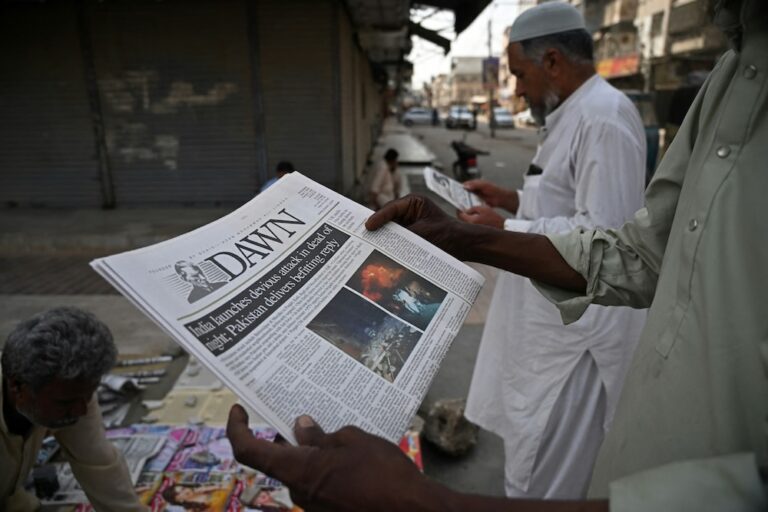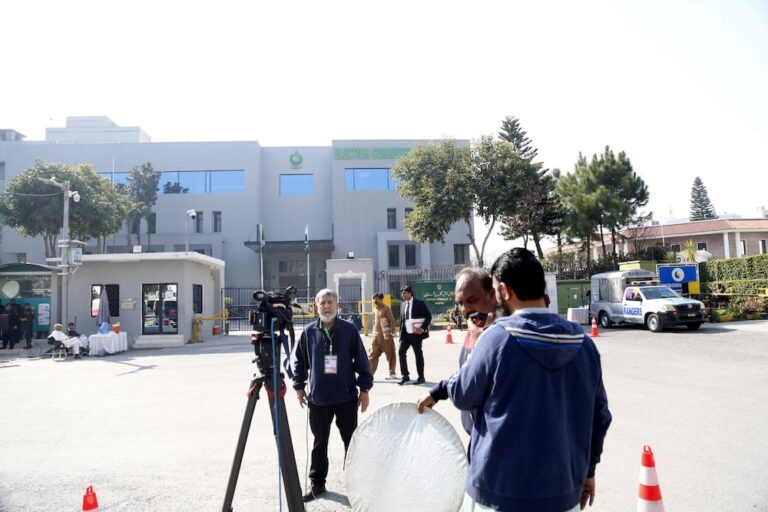A reporter for Channel Five TV and the newspaper "Khabrain", Azhar-ul Haq Wahid was arrested for posting “anti-state and defamatory material" against government officials on Facebook.
This statement was originally published on rsf.org on 20 January 2020.
Reporters Without Borders (RSF) calls for the immediate and unconditional release of Azhar-ul Haq Wahid, a Pakistani journalist based in Lahore, the capital of the eastern province of Punjab, who was arrested on 16 January and is being held on a flimsy charge of posting “anti-state” content on Facebook.
A reporter for Channel Five TV and the newspaper Khabrain, Azhar-ul Haq Wahid is facing up to three years in prison under articles 11 and 20 of the Prevention of Electronic Crimes Act (PECA), which penalizes such vaguely-worded crimes as “offences against the dignity of a natural person.”
A request for his release was rejected today by a judge, who ordered him placed in judicial custody.
RSF has seen a copy of the Lahore police report that says “anti-state and defamatory material against the public functionaries and state departments” was posted on Wahid’s Facebook page. But the police report fails to identify the offending material
His lawyer says he is being punished for his criticism of the government and his comments about a recent court decision overturning the death sentence passed in absentia on former President Pervez Musharraf.
“Azhar-ul Haq Wahid’s arrest, which the Pakistani authorities were able to carry out by exploiting the PECA, is clearly another attempt to intimidate journalists who refuse to be censored,” said Daniel Bastard, the head of RSF’s Asia-Pacific desk. “The decision to place him in detention violates article 19 of the 1973 constitution. We call on the Lahore courts to dismiss the charges against him and to free him at once. The credibility of the rule of law in Pakistan is at stake.”
The extremely vague, catch-all wording of the PECA, which was adopted in 2016, is often used by the authorities to silence journalists who dare to cross the regime’s implicit red lines. As the traditional media are heavily censored, online platforms have become the only place where Pakistanis can express opinions at variance with the official line.
Pakistan is ranked 142nd out of 180 countries in RSF’s 2019 World Press Freedom Index.



